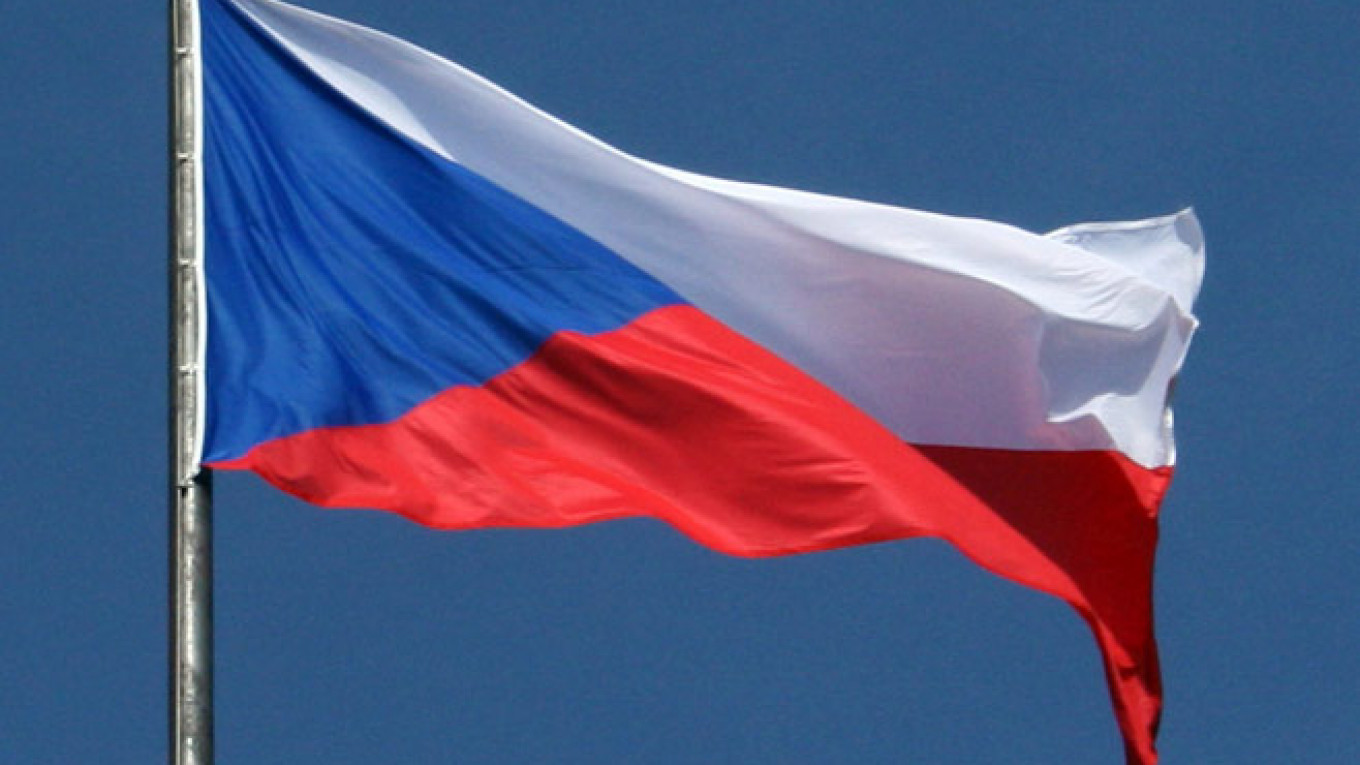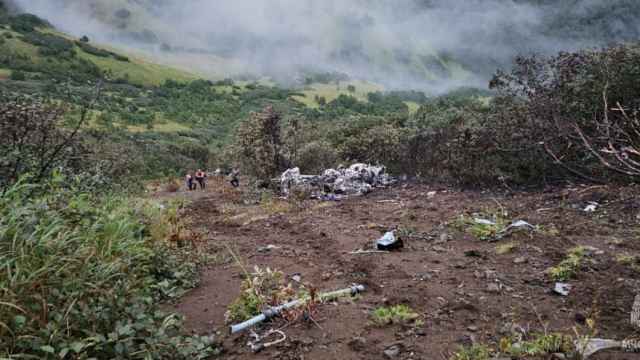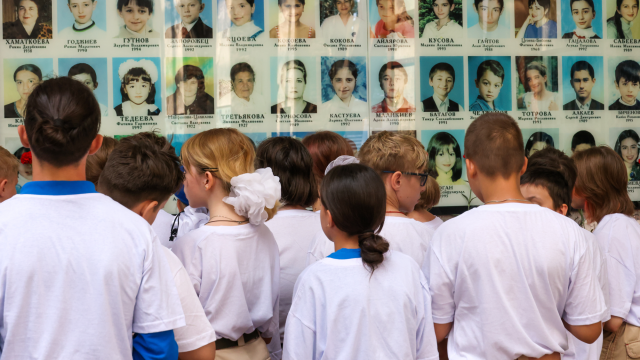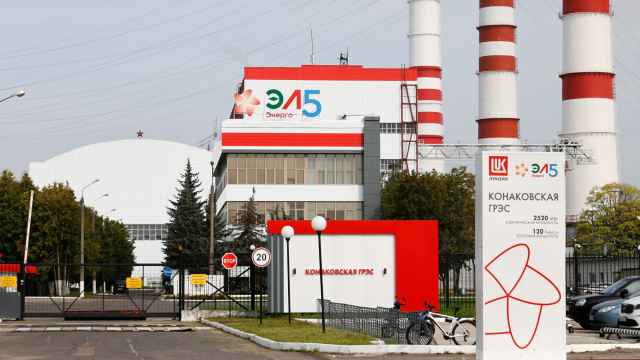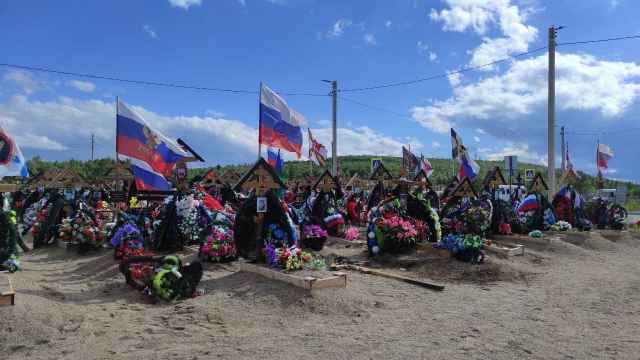Czech and Slovak officials have voiced anger over the way Russian state television depicted the 1968 Moscow-led invasion of Czechoslovakia in a recent documentary film.
In early 1968, Prague spearheaded liberal reforms in then-Soviet dominated Czechoslovakia. Within months, the Soviet Union invaded the country alongside Warsaw Pact members Poland, Bulgaria, East Germany and Hungary, ultimately stifling the reforms widely referred to as the Prague Spring. The occupation lasted until 1989, when the Velvet Revolution brought about the end of Communist rule in the country.
In the film "The Warsaw Pact — Unclassified Pages," which aired May 23 on Rossia-1, the invasion was portrayed as a defensive maneuver, carried out to stave off an invasion being plotted by NATO countries.
"The historical narrative of an alleged peaceful civil uprising with a romantic name, the Prague Spring … has been undermined by those that lived through these events," the film's narrator said.
State Duma Deputy Yury Sinelshchikov, who served in one of the military groups that participated in the Warsaw Pact operation in Prague, featured prominently in the documentary. In an interview filmed in Prague, he attested to the theory that the popular historic interpretation of the invasion — that it was carried out in a bid to quash the Czechoslovakian liberalization policies — was incorrect.
Czech Foreign Minister Lubomir Zaoralek summoned Russia's ambassador to voice his dissatisfaction with the film, The Associated Press reported Monday, citing Zaoralek's spokeswoman as saying the minister found the film to be misleading.
The Slovak Foreign Ministry echoed the sentiment, saying the documentary attempts to "rewrite history and falsify historical truth," the Associated Press reported.
Russian state radio and television holding VGTRK denied the allegations of foul play emanating from the former Soviet space, claiming the film was made ethically, the RBC news site reported Tuesday, citing Pyotr Fyodorov, head of the company's international relations department.
President Vladimir Putin met with Slovakian Prime Minister Robert Fico in the Kremlin on Tuesday. A partial transcript of the meeting released by the Kremlin lacked any mention of the controversial film.
The Warsaw Pact was a Moscow-led collective security alliance that comprised the Communist states of eastern and central Europe, including Czechoslovakia itself. Having been established in a bid to counteract NATO, it was dissolved in 1990 as the Soviet era neared its end.
Contact the author at i.nechepurenko@imedia.ru
A Message from The Moscow Times:
Dear readers,
We are facing unprecedented challenges. Russia's Prosecutor General's Office has designated The Moscow Times as an "undesirable" organization, criminalizing our work and putting our staff at risk of prosecution. This follows our earlier unjust labeling as a "foreign agent."
These actions are direct attempts to silence independent journalism in Russia. The authorities claim our work "discredits the decisions of the Russian leadership." We see things differently: we strive to provide accurate, unbiased reporting on Russia.
We, the journalists of The Moscow Times, refuse to be silenced. But to continue our work, we need your help.
Your support, no matter how small, makes a world of difference. If you can, please support us monthly starting from just $2. It's quick to set up, and every contribution makes a significant impact.
By supporting The Moscow Times, you're defending open, independent journalism in the face of repression. Thank you for standing with us.
Remind me later.



